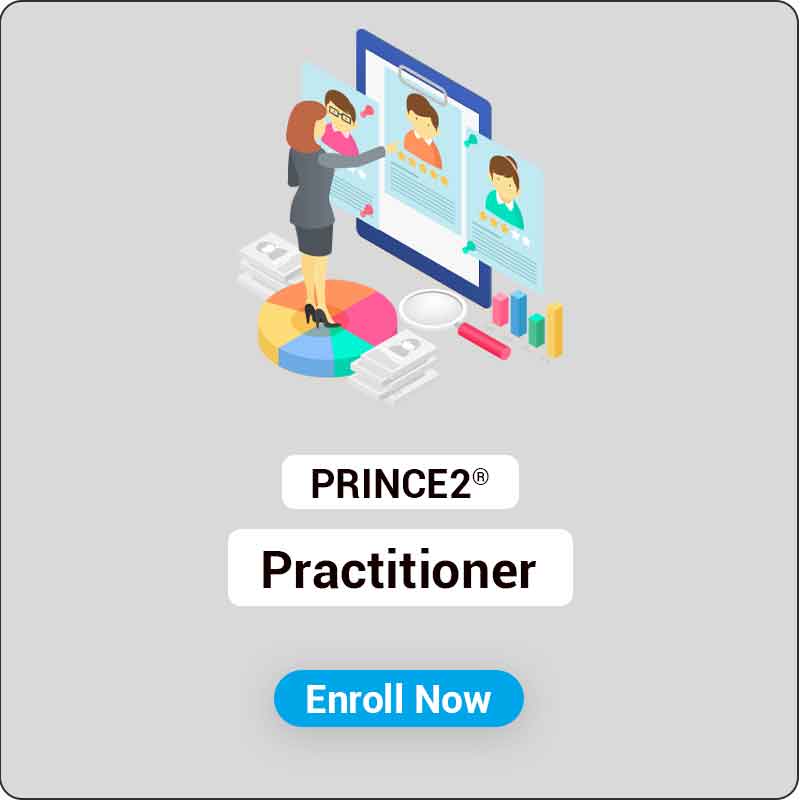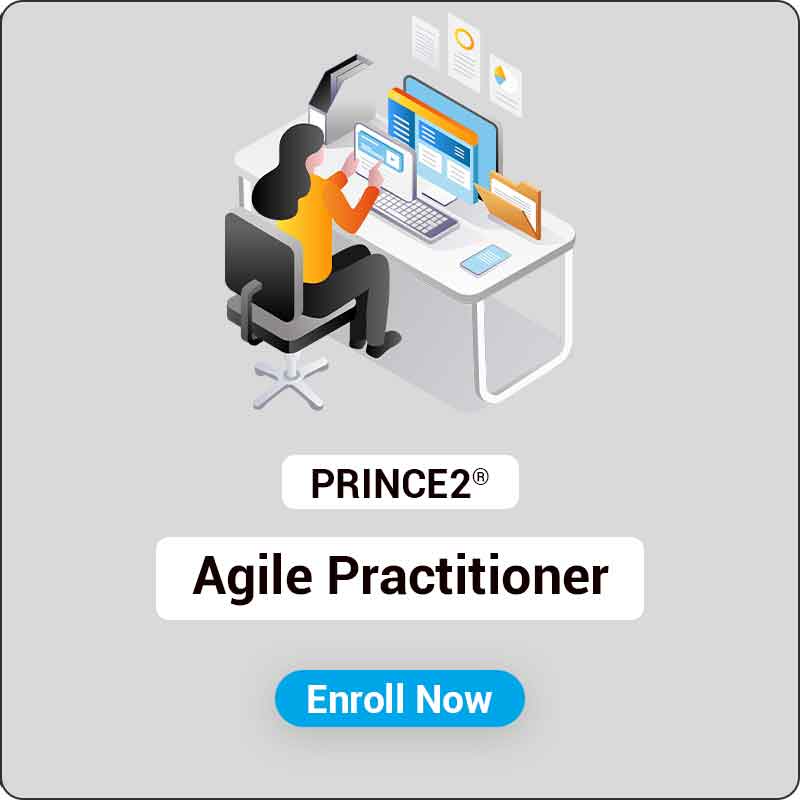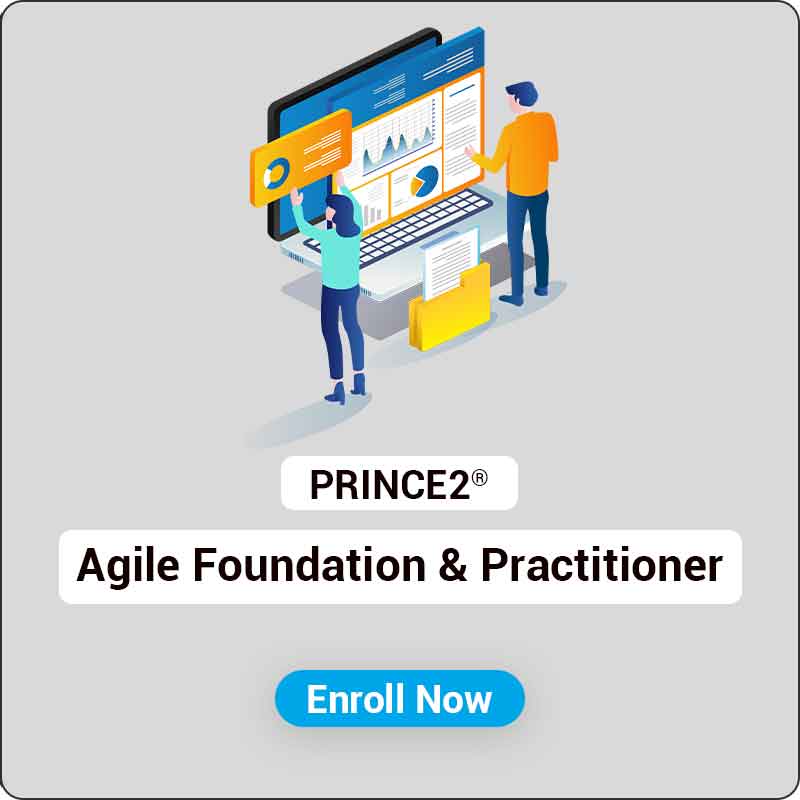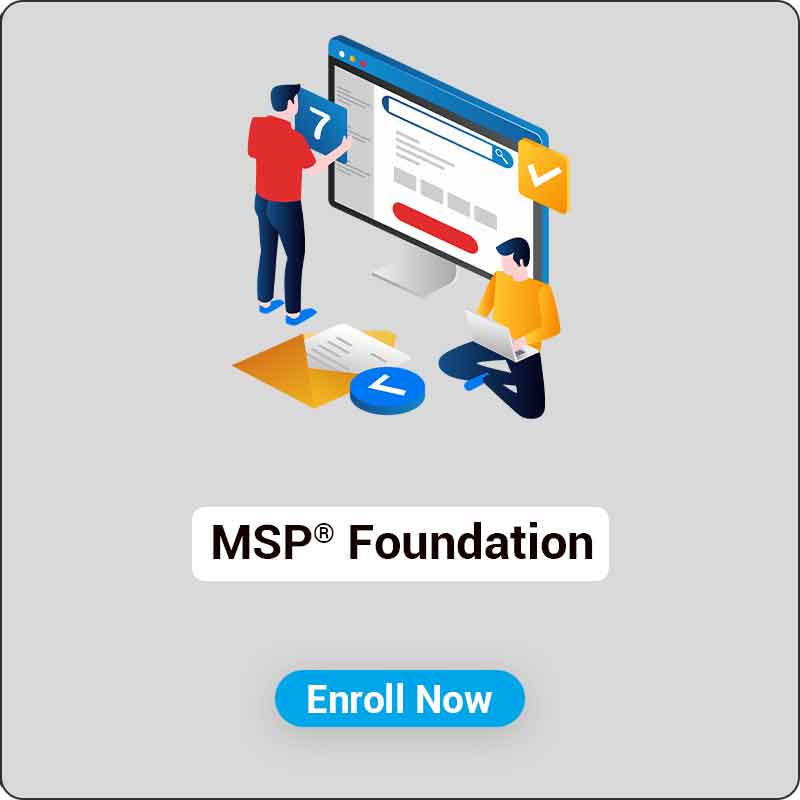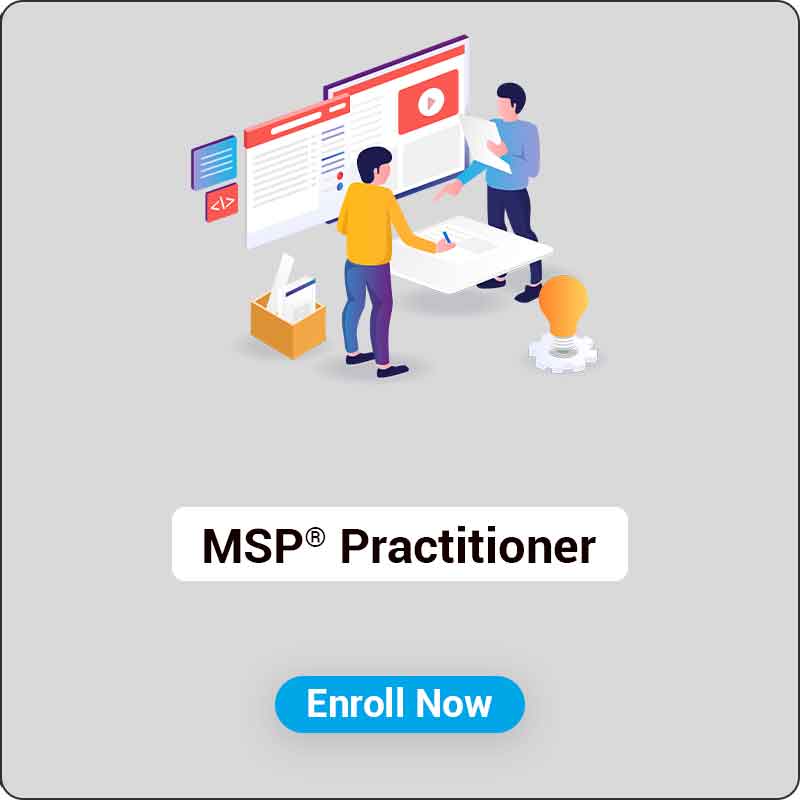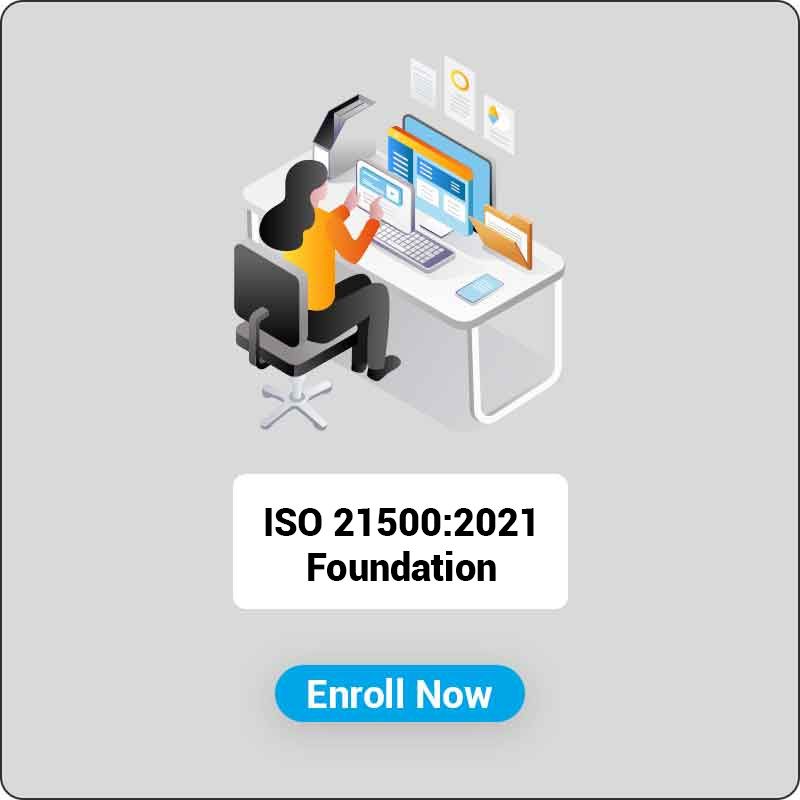Certified Associate in Project Management (CAPM)®
-compressed.jpg)
Accredited By
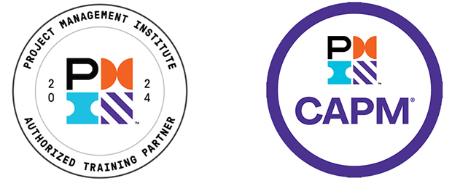
Course Package
Exam Voucher by PMI
Official Training Material from PMI
Official CAPM E-Book
Highly Experienced & Accredited Instructor
Live Instructor-Led Sessions
Real Life Examples & Case Studies
K-Prime Warranty
Target audience of CAPM Certification Training
- Professionals seeking to raise their skill sets to a new level in the growing project management field are ideal candidates for this online CAPM course.
- The CAPM certification is best suited for project associates or executives and any professional aspiring to start a career in project management.
Pre-requisites of CAPM Certification Training
- In terms of Professional experience, you require either 1,500 hours of project practice or a minimum of 23 hours of project management before the examination.
- The minimum educational criterion for Certified Associate in Project Management (CAPM)® certification is to have a high school diploma certificate or any global equivalent.
CAPM Exam and Certification information
- Duration: 03 hours
- Number of Questions: 150 (Multiple Choice)
- Pass mark: 61%
- Open book: No
- Electronic equipment allowed: No
- Languages: English, Spanish (Mexico + Spain), Arabic, Italian, French, Portuguese (Brazilian), German, and Japanese.
CAPM Certification Journey
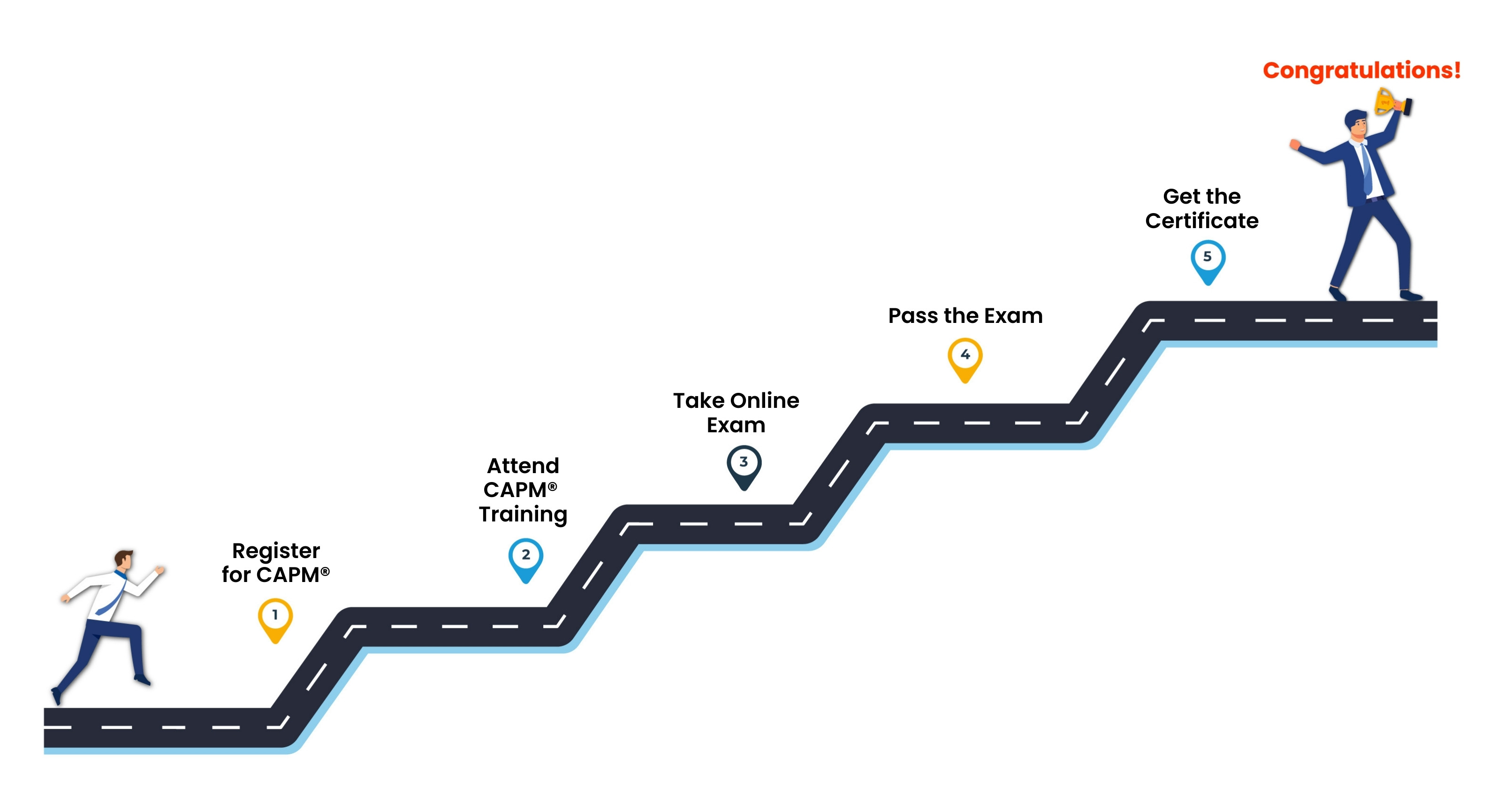
Course Outline
Task 1 Demonstrate an understanding of the various project life cycles and processes.
- Distinguish between a project, program, and a portfolio.
- Distinguish between a project and operations.
- Distinguish between predictive and adaptive approaches.
- Distinguish between issues, risks, assumptions, and constraints.
- Review/critique project scope.
- Apply the project management code of ethics to scenarios (refer to PMI
- Code of Ethics and Professional Conduct).
- Explain how a project can be a vehicle for change.
Task 2 Demonstrate an understanding of project management planning.
- Describe the purpose and importance of cost, quality, risk, schedule, etc.
- Distinguish between the different deliverables of a project management
- plan versus product management plan.
- Distinguish differences between a milestone and a task duration.
- Determine the number and type of resources in a project.
- Use a risk register in a given situation.
- Use a stakeholder register in a given situation.
- Explain project closure and transitions.
Task 3 Demonstrate an understanding of project roles and responsibilities.
- Compare and contrast the roles and responsibilities of project managers and project sponsors.
- Compare and contrast the roles and responsibilities of the project team and the project sponsor.
- Explain the importance of the role the project manager plays (e.g., initiator, negotiator, listener, coach, working member, and facilitator).
- Explain the differences between leadership and management.
- Explain emotional intelligence (EQ) and its impact on project management.
Task 4 Determine how to follow and execute planned strategies or frameworks (e.g., communication, risks, etc.).
- Give examples of how it is appropriate to respond to a planned strategy or framework (e.g., communication, risk, etc.).
- Explain project initiation and benefit planning.
Task 5 Demonstrate an understanding of common problem-solving tools and techniques.
- Evaluate the effectiveness of a meeting.
- Explain the purpose of focus groups, standup meetings, brainstorming, etc.
Task 1 Explain when it is appropriate to use a predictive, plan-based approach.
- Identify the suitability of a predictive, plan-based approach for the organizational structure (e.g., virtual, colocation, matrix structure, hierarchical, etc.).
- Determine the activities within each process.
- Give examples of typical activities within each process.
- Distinguish the differences between various project components.
Task 2 Demonstrate an understanding of a project management plan schedule.
- Apply critical path methods.
- Calculate schedule variance.
- Explain work breakdown structures (WBS).
- Explain work packages.
- Apply a quality management plan.
- Apply an integration management plan.
Task 3 Determine how to document project controls of predictive, planbased projects.
- Identify artifacts that are used in predictive, plan-based projects.
- Calculate cost and schedule variances.
Frequently Asked Questions.
CAPM stands for Certified Associate in Project Management, an entry-level certification offered by the Project Management Institute® (PMI). Similar to the PMP®, CAPM is grounded in the Project Management Body of Knowledge (PMBOK® Guide), which sets global standards for project management. While both CAPM and PMP cover the same core principles, CAPM is designed for individuals with less project management experience.
The CAPM® Certification offers numerous benefits, such as enhanced career prospects, opportunities to work with multinational companies worldwide, potential salary increases, and personal development.

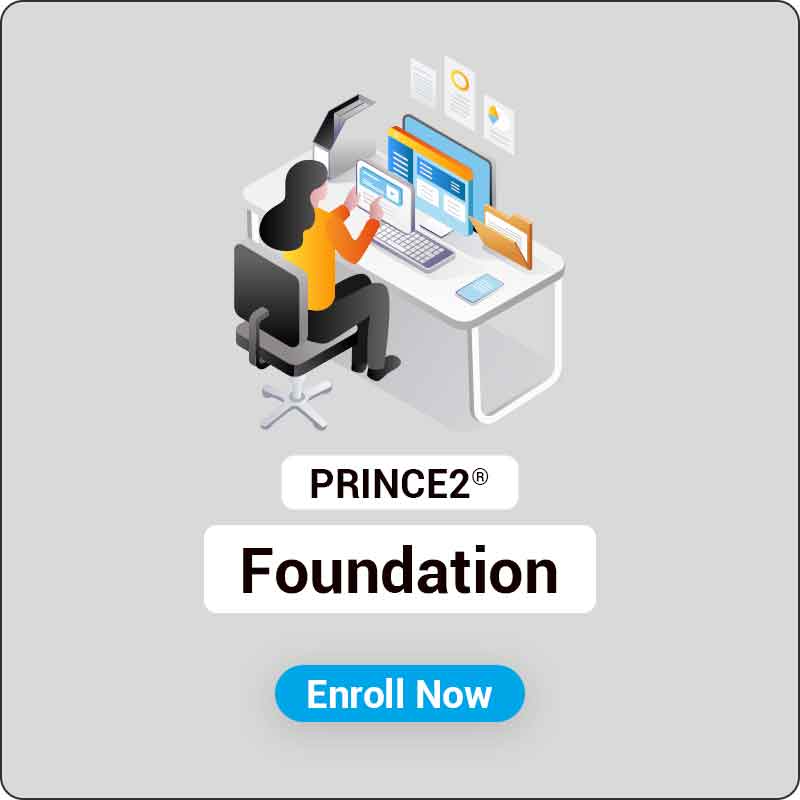
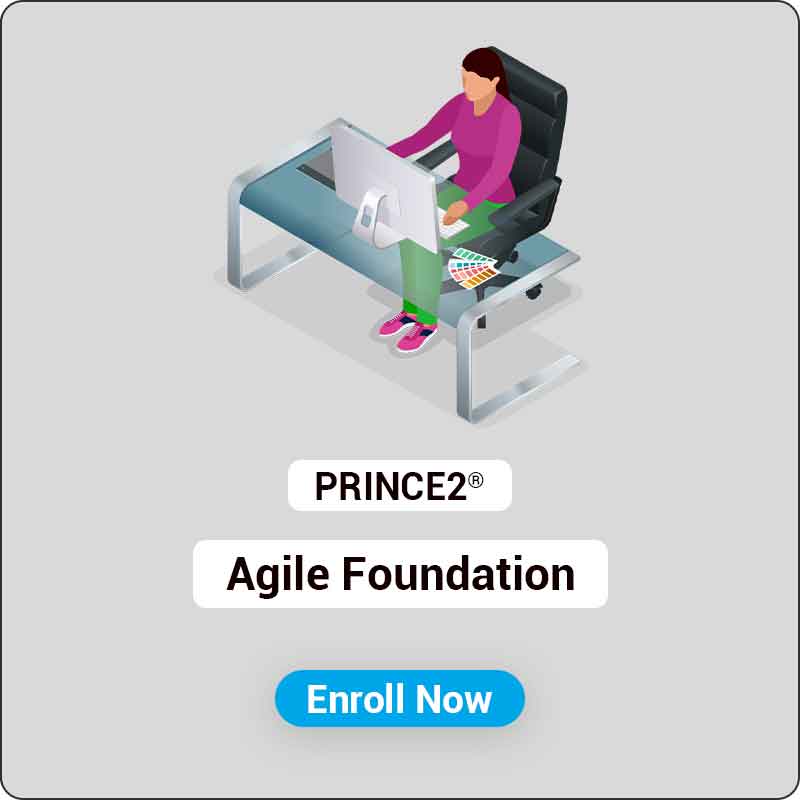
.jpg)
-compressed.jpg)
